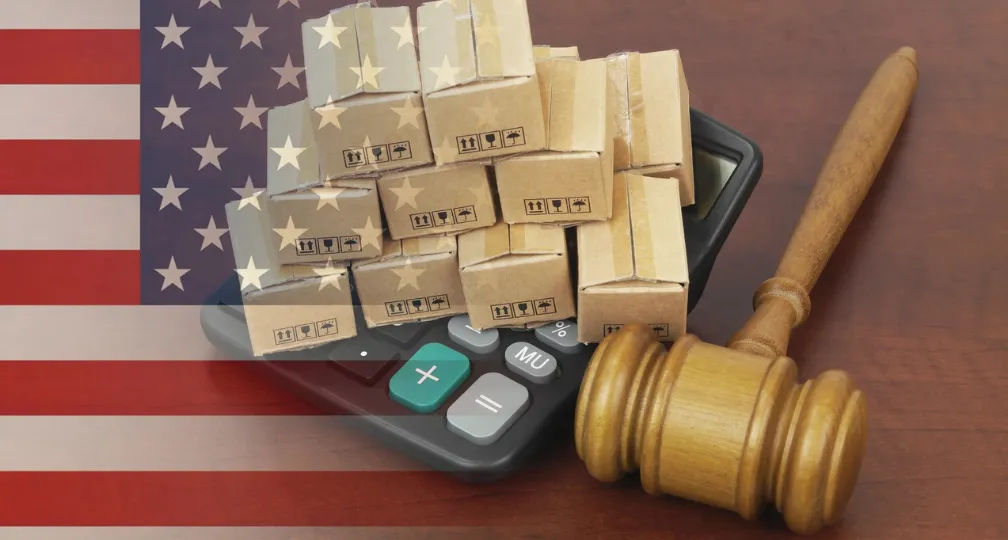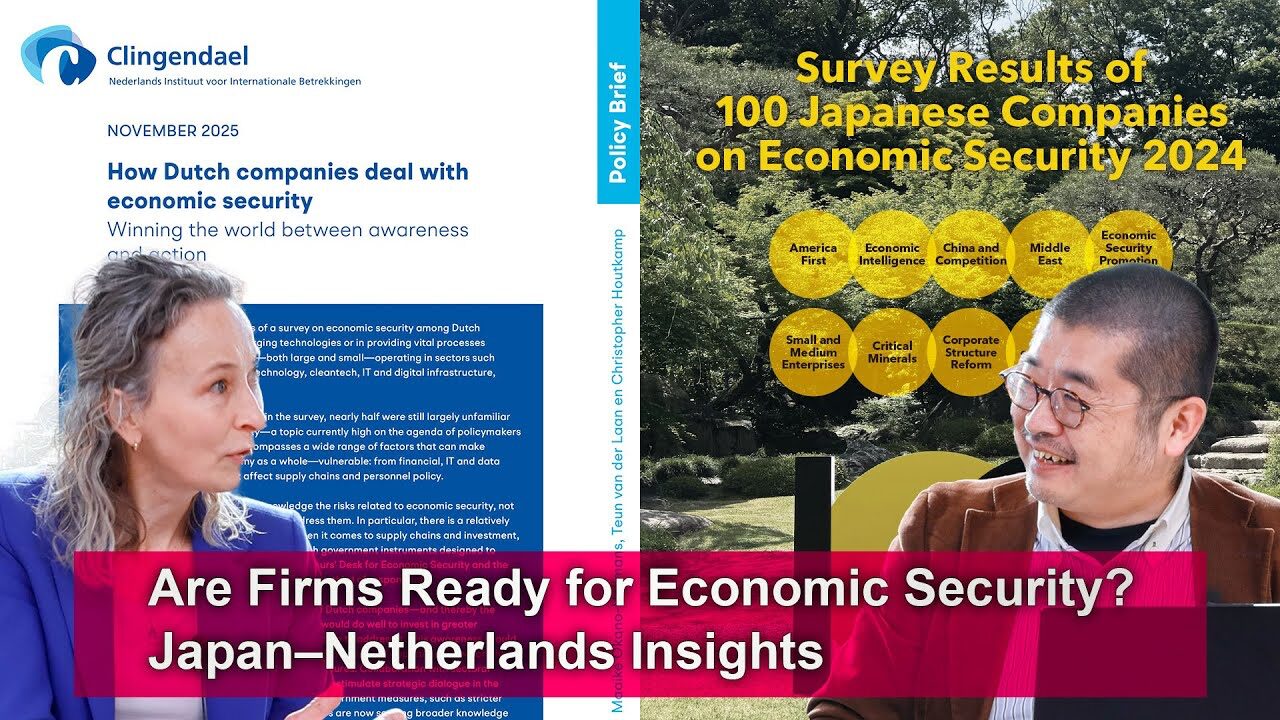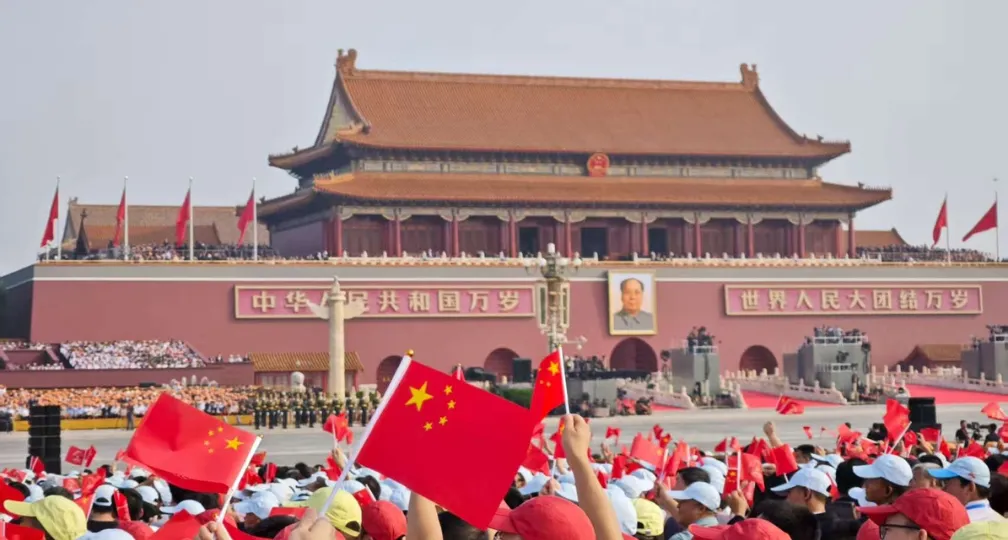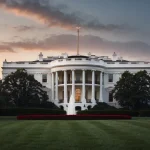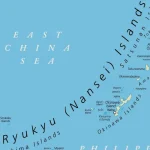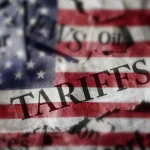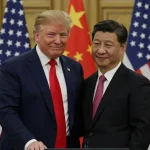Unchecked and unbalanced: The future of U.S. economic policymaking
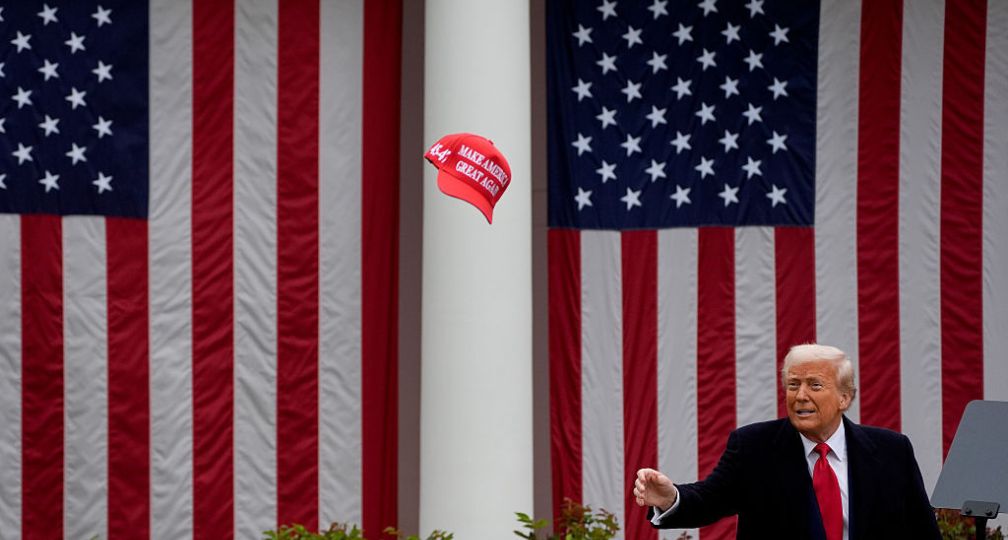
U.S. President Donald Trump is fanning the flames of yet another trade war by calling Japan “spoiled” and threatening to hike tariffs to 35%.
Yet for all that’s been written about Trump’s tariffs, the more enduring challenge is the centralization of economic decision-making in the office of the president, the repercussions of which could outlast the Trump presidency.
The central government of the United States is defined by its separation of powers, where authority is not concentrated in a single actor but divided between an executive branch, legislative branch and a judicial branch, with each branch providing oversight over the others through a system of checks and balances. The concern about the dangers of centralized authority was fresh in the minds of the authors of the U.S. Constitution who had just achieved independence from what they saw as an example of the capricious, centralized power that they wanted to avoid, and so they consciously created a system of government that was designed to prevent that from happening in the United States.
The actual experience has been more complicated. Until now, the system has been mostly successful in preventing the emergence of authoritarian leaders like those who plagued the contemporaries of the early United States, including France, Mexico, Argentina and others. At the same time, there has been an almost constant push-and-pull between the government branches, as each tries to secure more power and authority for itself.
The authors of the Constitution anticipated this and designed it accordingly, with James Madison writing that “ambition must be made to counteract ambition.” But what’s happened since U.S. Trump’s inauguration in January goes beyond the usual push-and-pull of competing ambitions. The Trump administration is fundamentally rebalancing the system of checks and balances in ways that won’t only reshape how the U.S. government works but will have a meaningful impact on U.S. economic policy that will make it more personalist, unpredictable and even corrupt.
Under the U.S. Constitution, Congress has the power to regulate foreign commerce while the president has the authority to conduct foreign relations. Since there’s some natural overlap between these roles that’s emerged over time, the process has tried to untangle the overlap while keeping the essential responsibilities. Two recently used examples of this would be the president’s ability to impose countermeasures in response to unfair trade practices or in response to threats to national security.
The primary vehicle for accommodating congressional and presidential authorities is the “fast track” procedure where Congress would establish its trade priorities, the president would negotiate an agreement in view of those priorities and then Congress would ratify the finished agreement with an up-or-down vote to determine if the agreement met their standards. In this way, Congress can set out the negotiating parameters for future agreements, while the president (and their international negotiating partners) can craft an agreement without the risk of micromanagement from Congress. The process had its critics, but it at least helped square the circle of the separation of powers in trade policy.
What’s notable about Trump’s tariffs isn’t just the scope or the size or the on-again-off-again approach, it’s the authority that he’s using to implement them. For his most notable tariffs, Congress hasn’t had a role at all. Fast track authority expired in 2021 and neither Trump nor former President Joe Biden sought its renewal. Instead, Trump has relied on the International Economic Emergency Powers Act of 1977, which may be used to “to deal with any unusual and extraordinary threat, which has its source in whole or substantial part outside the United States, to the national security, foreign policy or economy of the United States.”
The IEEPA allows the president to “regulate” a variety of international economic transactions, including trade, but it is not clear if the meaning of “regulate” extends to tariff levels and Trump is the first president to use IEEPA authority for tariffs. Notably, Trump has no need to put these tariffs before Congress for ratification and Congress’ input is limited to lifting the national emergency under which tariffs are imposed. This approach goes well beyond the usual push-and-pull of authority between Congress and the presidency, especially when it’s set against the bigger context of DOGE and the other centralizing actions of Trump’s second administration. Sidelining Congress’s tariff authority has the practical effect and likely the intent of centralizing trade policy in the executive branch.
Setting aside the legality of all of this — lower courts have already ruled against using IEEPA to impose tariffs and the cases will probably go to the Supreme Court — there are reasons to believe the centralization of authority in the Executive Branch is going to become a feature of U.S. governance for the foreseeable future. For one, authorities assumed by one president aren’t willingly given back by their successors. For all of Biden’s efforts to differentiate himself from Trump, he was comfortable keeping expanded authorities over tariffs in place.
The other reason is that partisan polarization means that Congress doesn’t see itself as a separate and coequal branch of the government with checks and balances over the executive branch, but as extensions of the president’s political party, making them far less likely to check the authority of their party leader.
Congress in the 1970s responded to President Richard Nixon’s excesses that culminated in the Watergate scandal with a series of landmark bills designed to clarify the respective roles of Congress and the executive branch because it saw itself as a check on presidents who went too far. By contrast the leadership of the House of Representatives responded to Trump’s use of IEEPA authority with a legislative sleight of hand that effectively prevents a House vote on removing the national emergency in response to which the tariffs were imposed. If Congress is unwilling to provide a check if the president is from their own party, the system of checks and balances is over.
Replacing constitutionally guided processes with centralized authority will mean policies are subject to the whims and moods of individual leaders and even opens the door to outright corruption. The benefit of process is that it provides predictability and credibility for negotiating partners and other stakeholders. Its absence can have a negative impact on business, since economists have shown that corruption is more challenging to investment than taxation because while taxes are predictable, corruption isn’t.
The impact of the switch is already being seen in Trump’s tariff plans where tariffs will be announced, then suspended and then raised with no real way to predict what’s next. Deals will go to those who have the best networks rather than the best products or services at the best price, skewing the incentive structure toward building the right connections instead of innovation and efficiency. This in turn means distorted markets as finance goes to bailing out failed investments rather than into nurturing the best innovations, which ultimately leads to lower growth, higher inflation and fewer jobs.
This is why concepts like the separation of powers and checks and balances aren’t procedural arcana for textbooks and constitutional lawyers but have direct impact on how the U.S. does business with the rest of the world. The original process might have been cumbersome and imperfect, but we’ll miss it when it’s gone.
(Photo Credit: Bloomberg / Getty Images)
[Note] This article was posted to the Japan Times on July 7, 2025:
https://www.japantimes.co.jp/commentary/2025/07/07/world/future-of-us-economic-policymaking/

Geoeconomic Briefing
Geoeconomic Briefing is a series featuring researchers at the IOG focused on Japan’s challenges in that field. It also provides analyses of the state of the world and trade risks, as well as technological and industrial structures (Editor-in-chief: Dr. Kazuto Suzuki, Director, Institute of Geoeconomics (IOG); Professor, The University of Tokyo).
Disclaimer: The opinions expressed in Geoeconomic Briefing do not necessarily reflect those of the International House of Japan, Asia Pacific Initiative (API), the Institute of Geoeconomics (IOG) or any other organizations to which the author belongs.
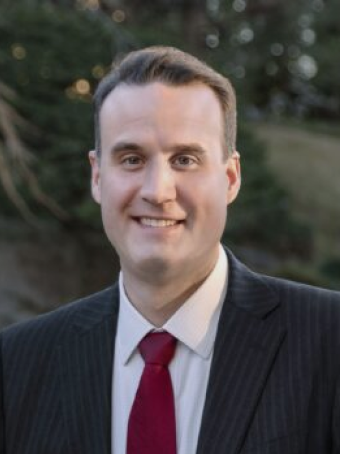

Visiting Research Fellow
Paul Nadeau is an adjunct assistant professor at Temple University's Japan campus, co-founder & editor of Tokyo Review, and an adjunct fellow with the Scholl Chair in International Business at the Center for Strategic and International Studies (CSIS). He was previously a private secretary with the Japanese Diet and as a member of the foreign affairs and trade staff of Senator Olympia Snowe. He holds a B.A. from the George Washington University, an M.A. in law and diplomacy from the Fletcher School at Tufts University, and a PhD from the University of Tokyo's Graduate School of Public Policy. His research focuses on the intersection of domestic and international politics, with specific focuses on political partisanship and international trade policy. His commentary has appeared on BBC News, New York Times, Nikkei Asian Review, Japan Times, and more.
View Profile-
 Analysis: Ready for a (Tariff) Refund?2025.12.24
Analysis: Ready for a (Tariff) Refund?2025.12.24 -
 China, Rare Earths and ‘Weaponized Interdependence’2025.12.23
China, Rare Earths and ‘Weaponized Interdependence’2025.12.23 -
 Are Firms Ready for Economic Security? Insights from Japan and the Netherlands2025.12.22
Are Firms Ready for Economic Security? Insights from Japan and the Netherlands2025.12.22 -
 Is China Guardian of the ‘Postwar International Order’?2025.12.17
Is China Guardian of the ‘Postwar International Order’?2025.12.17 -
 Japan-India Defense in a Fragmenting Indo-Pacific2025.12.10
Japan-India Defense in a Fragmenting Indo-Pacific2025.12.10
 The “Economic Security is National Security” Strategy2025.12.09
The “Economic Security is National Security” Strategy2025.12.09 The Tyranny of Geography: Okinawa in the era of great power competition2024.02.09
The Tyranny of Geography: Okinawa in the era of great power competition2024.02.09 Event Report: The Trump Tariffs and Their Impact on the Japanese Economy2025.11.25
Event Report: The Trump Tariffs and Their Impact on the Japanese Economy2025.11.25 Trump’s Tariffs Might Be Here to Stay – No Matter Who’s in Power2025.11.28
Trump’s Tariffs Might Be Here to Stay – No Matter Who’s in Power2025.11.28 The Real Significance of Trump’s Asia Trip2025.11.14
The Real Significance of Trump’s Asia Trip2025.11.14


